SUMMARY
This is AI generated summarization, which may have errors. For context, always refer to the full article.
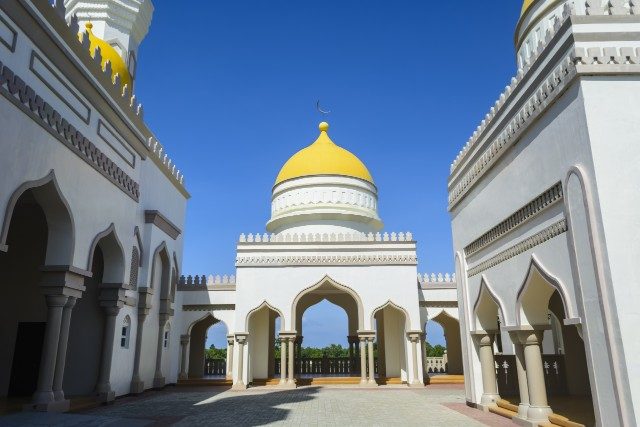
Islam, Christianity, and Judaism have at least two things in common: first, these religions (unlike Buddhism and Hinduism) believe in one God, and second, they trace the roots of their faith to a man called Abraham.
One common story among these 3 religions – called the Abrahamic faiths – is when Abraham (or Ibrahim) was about to sacrifice his son in obedience to God. Having tested Abraham’s faith, God eventually stopped Abraham from sacrificing his son, and a ram was instead offered to God.
In Christianity and Judaism, the son who was supposed to be sacrificed was Isaac.
In Islam, it was Abraham’s first-born, Ishmael.
It is Abraham’s willingness to sacrifice Ishmael in obedience to God that Muslims celebrate during Eid’l Adha, also called the Feast of Sacrifice.
Eid’l Adha is one of the two great feasts in Islam, the other being Eid’l Fitr, which ends the fasting month of Ramadan. During the feast of Eid’l Adha, Muslims pray as a community at daybreak, and later sacrifice acceptable animals like sheep or cows.
Ken Chitwood, a religion scholar writing for The Conversation, said that families or groups of friends consume only a third of the meat of slaughtered animals during Eid’l Adha. The rest of the meat is distributed to the needy.
“The sacrifice represents how, like Ibrahim, pilgrims and practicing Muslims worldwide are willing to give up even their most precious possessions,” Chitwood wrote.
“Charity to the poor is a highly emphasized value in Islam. The Quran says, ‘Believe in Allah and his messenger, and give charity out of the (substance) that Allah has made you heirs of. For those of you who believe and give charity – for them is a great reward,’” he added.
Eid’l Adha also marks the end of the hajj, the Islamic pilgrimage to Mecca in Saudi Arabia. Muslims who have the means are obliged to perform the hajj at least once in their lives.
The hajj draws up to two million people to Mecca annually, but this year only 10,000 people already living in Saudi Arabia can participate in the hajj due to the coronavirus pandemic.
Despite the difficulties in celebrating the Eid’l Adha this year due to COVID-19, the secretary of the National Commission on Muslim Filipinos, Saidamen Pangarungan, reminded his fellow Muslims: “Keep the faith” just like Abraham did. – Rappler.com
Add a comment
How does this make you feel?
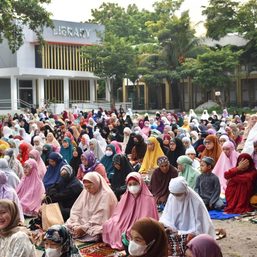
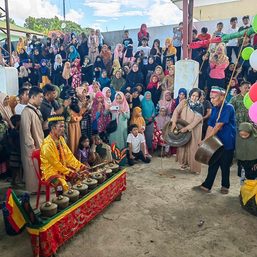
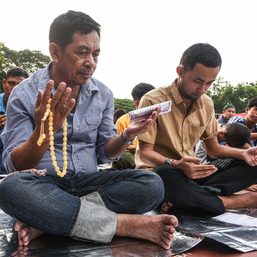
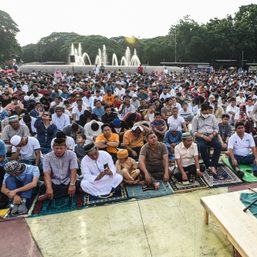
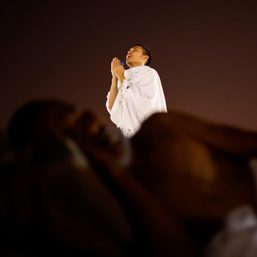
There are no comments yet. Add your comment to start the conversation.